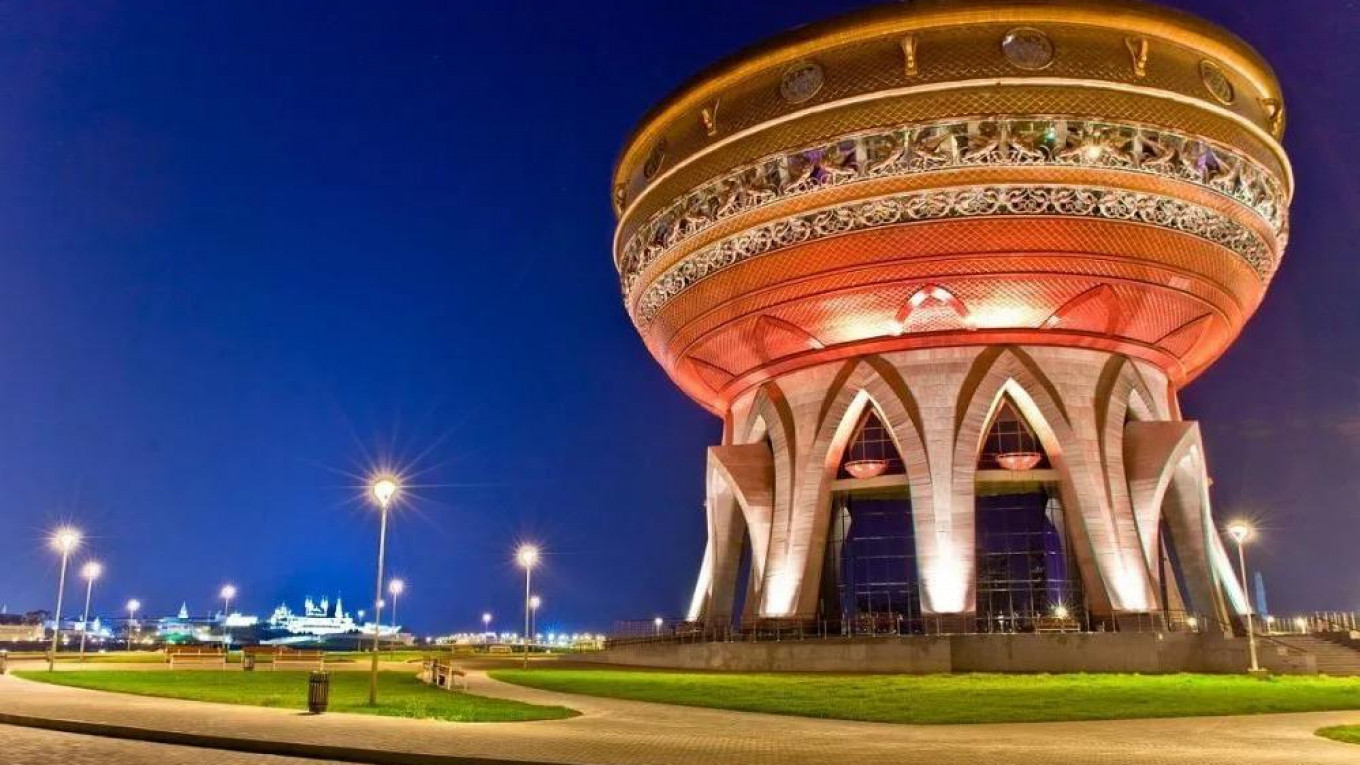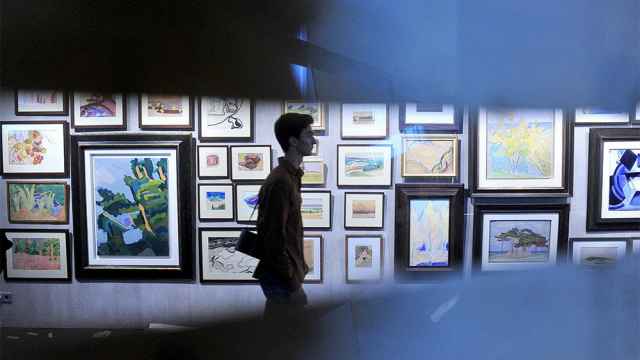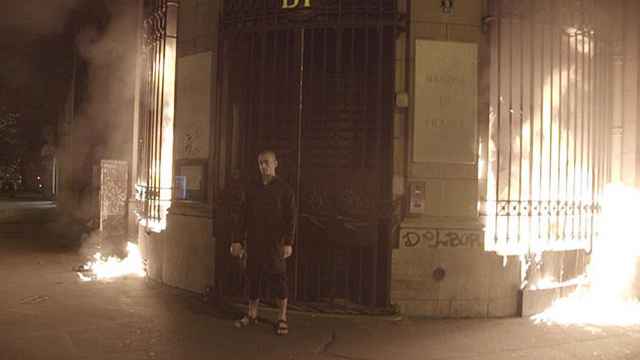May brings two long weekends in a row, making it a perfect opportunity to get out of Moscow. With generous transport options and competitive air fares, those wanting to discover more of Russia can do so. Here are seven of our picks:
Kazan
A melting pot on the Volga River
Kazan is a real melting pot of nationalities and religions, with mosques and Orthodox churches scattered all around the city and a beautiful kremlin sitting up on a hill overlooking the Volga. Start with the city’s new Qol Sharif mosque, the 16th-century Annunciation Cathedral and the “leaning” Suyumbike tower.
The local branch of the Hermitage Museum has just opened an impressive survey of early 20th-century Russian art together with Moscow’s Tretyakov Gallery. Check out Baumanskaya and try some Tatar cuisine, including the traditional “echpochmak” triangle pies and honey dessert “chak chak.”
Climb the tall bell tower of the Epiphany Cathedral for great views of the city or walk along its winding canal. Spend some time at Smena, a bookstore doubling as an art gallery and a coffee shop. If you have time for a day trip, head out to the island city of Sviyazhsk for more medieval churches and monasteries.
Distance from Moscow: 720 km
By plane: from 5,600 rubles return ($100), 1.5 hrs
By train: from 5,000 rubles return ($90), 11 hrs
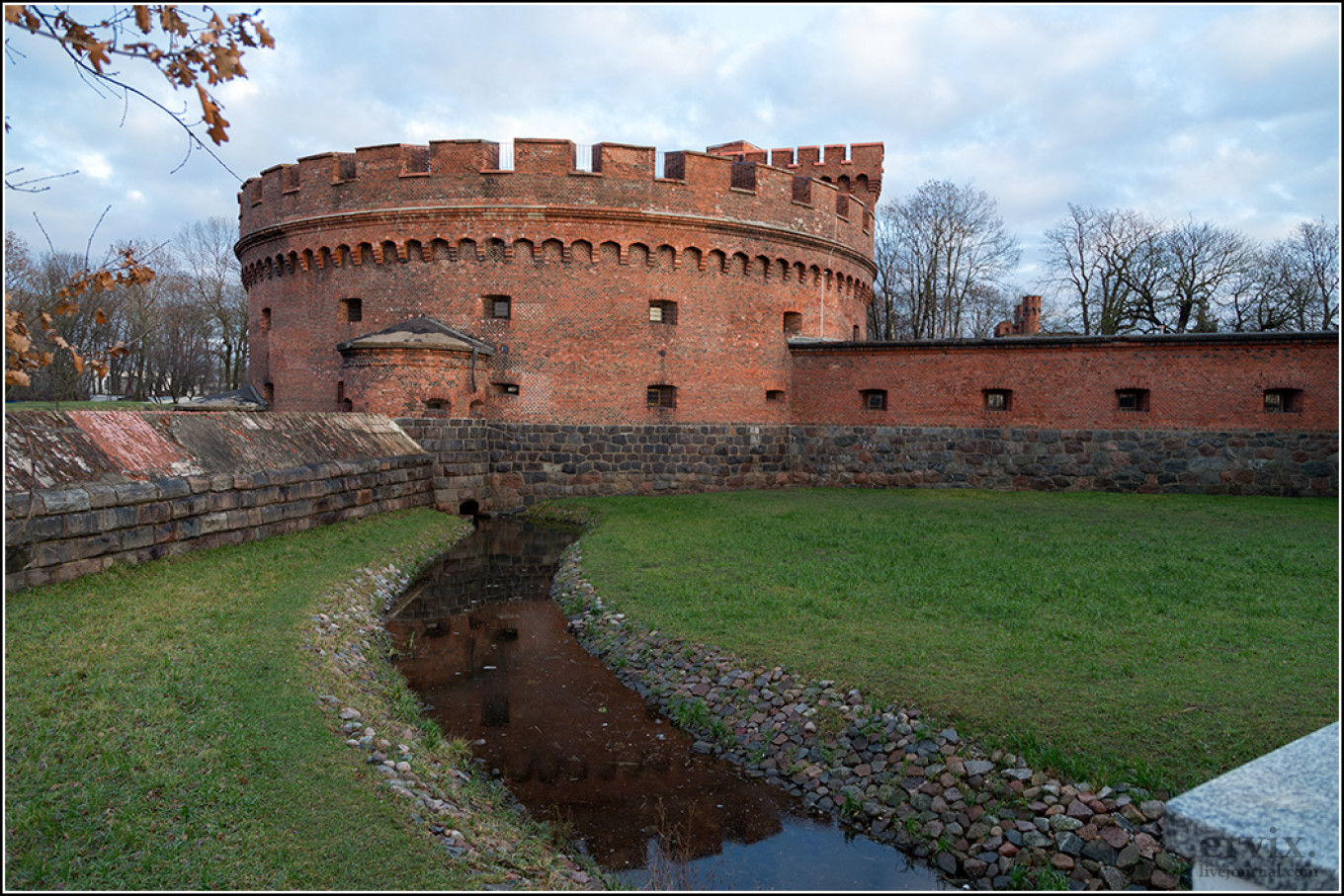
Kaliningrad
History-hunting on the Baltic
The Soviets did their best to erase all traces of the 700-year history of the former Prussian capital of Konigsberg after annexing the region in 1945. But one of the pleasures of strolling around modern-day Kaliningrad is hunting for traces of its illustrious German past, which are still there if you know where to look: red-brick bastions, ruins, hidden cobblestones.
Amusingly, the local authorities are trying to use the city’s Teutonic legacy to build a tourist brand, constructing kitschy riverside complexes in “Prussian” style. The region’s attractions also include the German resort town of Svetlogorsk and the Curonian Spit. Many of the villages in the Kaliningrad region have barely changed since the end of the war and the countryside is dotted with picturesque ruined churches.
Distance from Moscow: 1,100 km
Flights from 11,200 rubles ($200) return, 2 hrs
Trains from 9,100 rubles ($160) return, 20.5 hrs
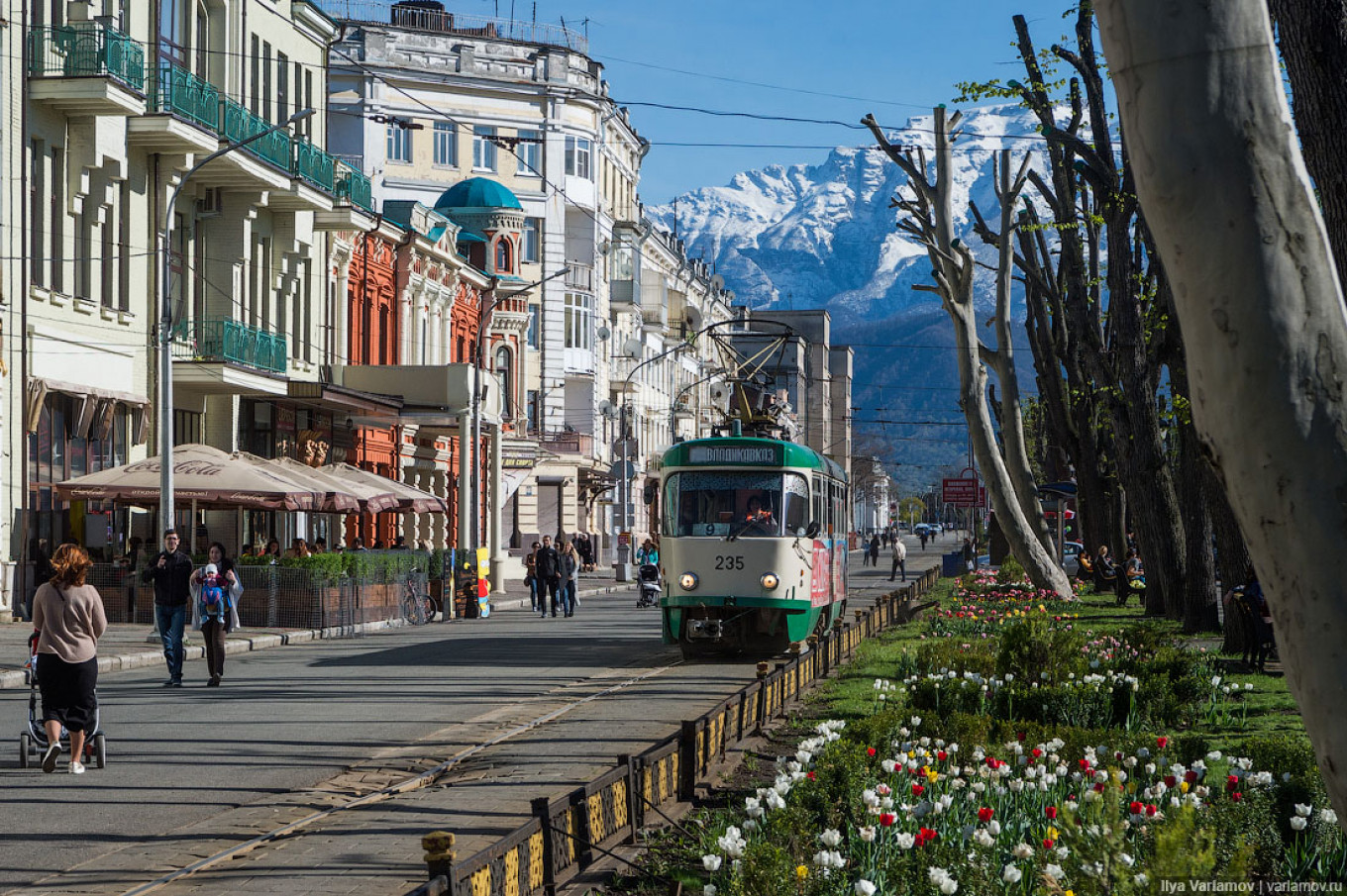
Vladikavkaz
A gem of the North Caucasus
The capital of the Republic of North Ossetia-Alania, Vladikavkaz might be far away, but budget airline Pobeda has made it an accessible destination. Take a stroll down Prospekt Mira, the main pedestrian thoroughfare, and admire the 19th-century mansions, or walk down the embankment beneath the mountains.
Сheck out the colorful Sunni mosque and an art squat occupied by a contemporary collective called “Portal” right behind the Ossetian National Museum. Hire a car and a guide and go to the ruins of the medieval town Tsimiti in the Kurtatin gorge, about an hour away.
Distance from Moscow: 1,500 km
By plane: from 14,000 rubles return ($250) with Pobeda, 2.5 hrs
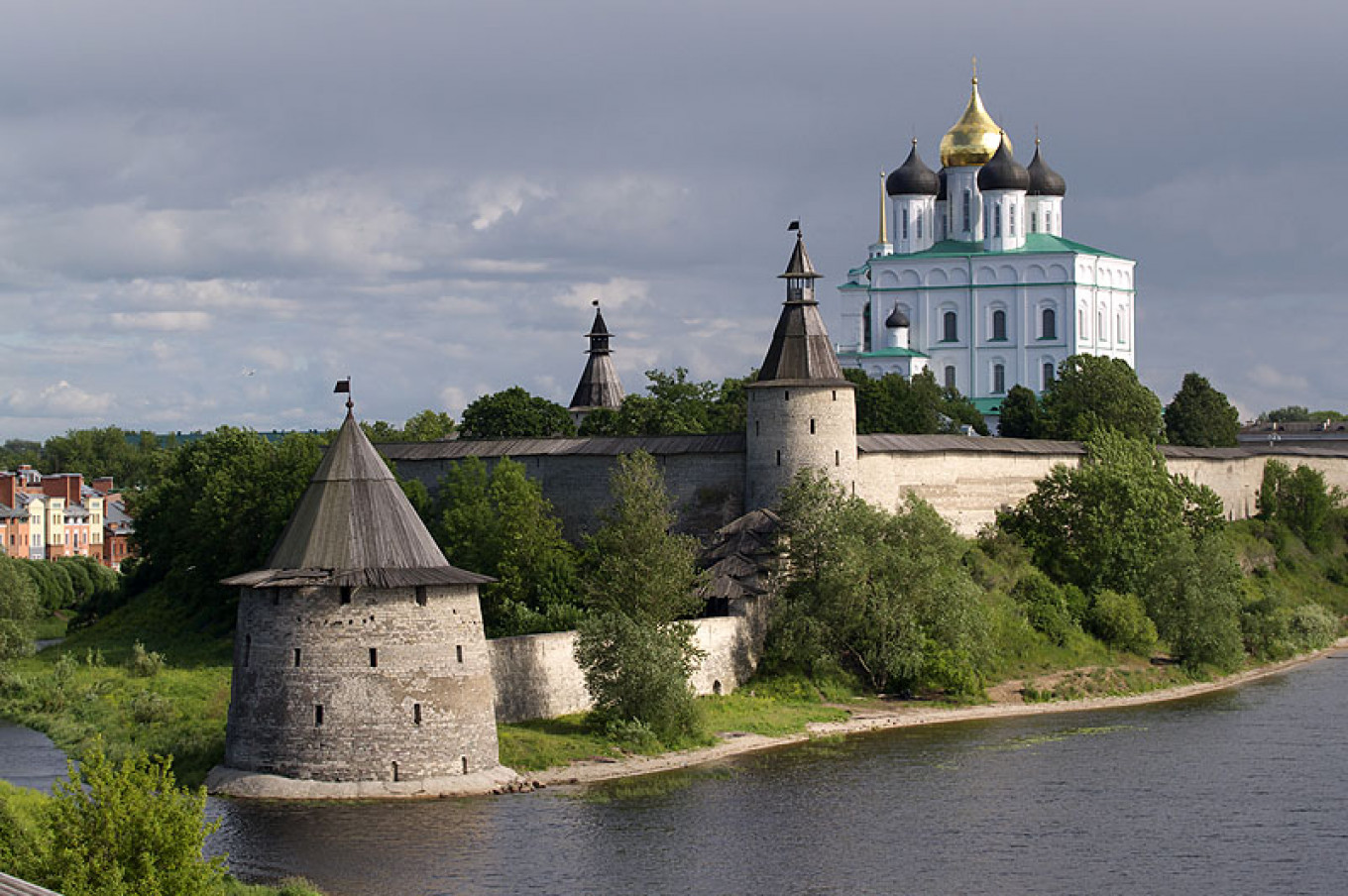
Pskov
Get a sense of ancient Russia
First mentioned back in 903, this city on Russia’s western edges is one of the country’s very oldest and was once a powerful independent city-state. While its days as a border fortress are long gone, it still boasts ancient city walls, myriad churches and a hilltop kremlin rising above the river.
Pskov is also surprisingly lively for a small provincial city and has plenty of bars and cafes along Oktyabrsky Prospekt and around the kremlin. Beyond the city, don’t miss the nearby Pechora cave monastery and the Izborsk fortress.
Distance from Moscow: 730 km
By bus: from 2,300 rubles return ($40), 14.5 hours
By train: from 3,150 rubles ($55), 11.5 hrs
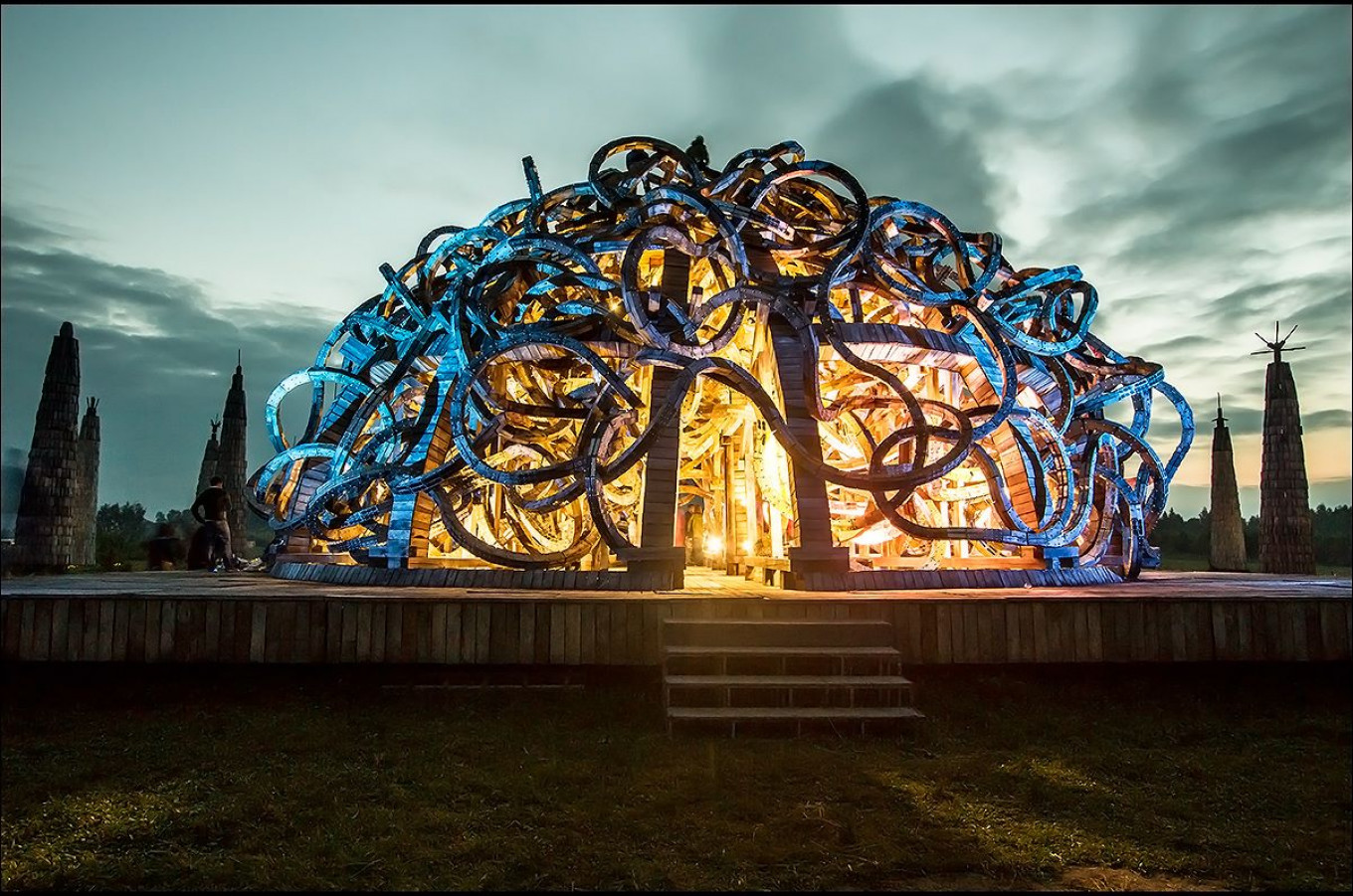
Nikola-Lenivets
Fresh air and land art in the countryside
The idea of staying at an outdoor art museum for three days might seem a little out of the ordinary, but Nikola-Lenivets is no ordinary place, and it will take a while to get there. Set in 650 hectares of beautiful forest and meadowland in the Kaluga region, 28 quirky land art installations are spread around the territory of this “art village.”
There is a range of accommodation options on site, from campsites and dormitory sleeping in hostels to cosy individual wooden cabins. There is a restaurant as well and bike rental is available. nikola-lenivets.ru
Distance from Moscow: 210 km
Buses to the nearby town of Kondrovo go from Moscow's Tyoply Stan metro station daily at 2:30 p.m. and 3:30 p.m. A taxi from there will cost around 600 rubles ($10)
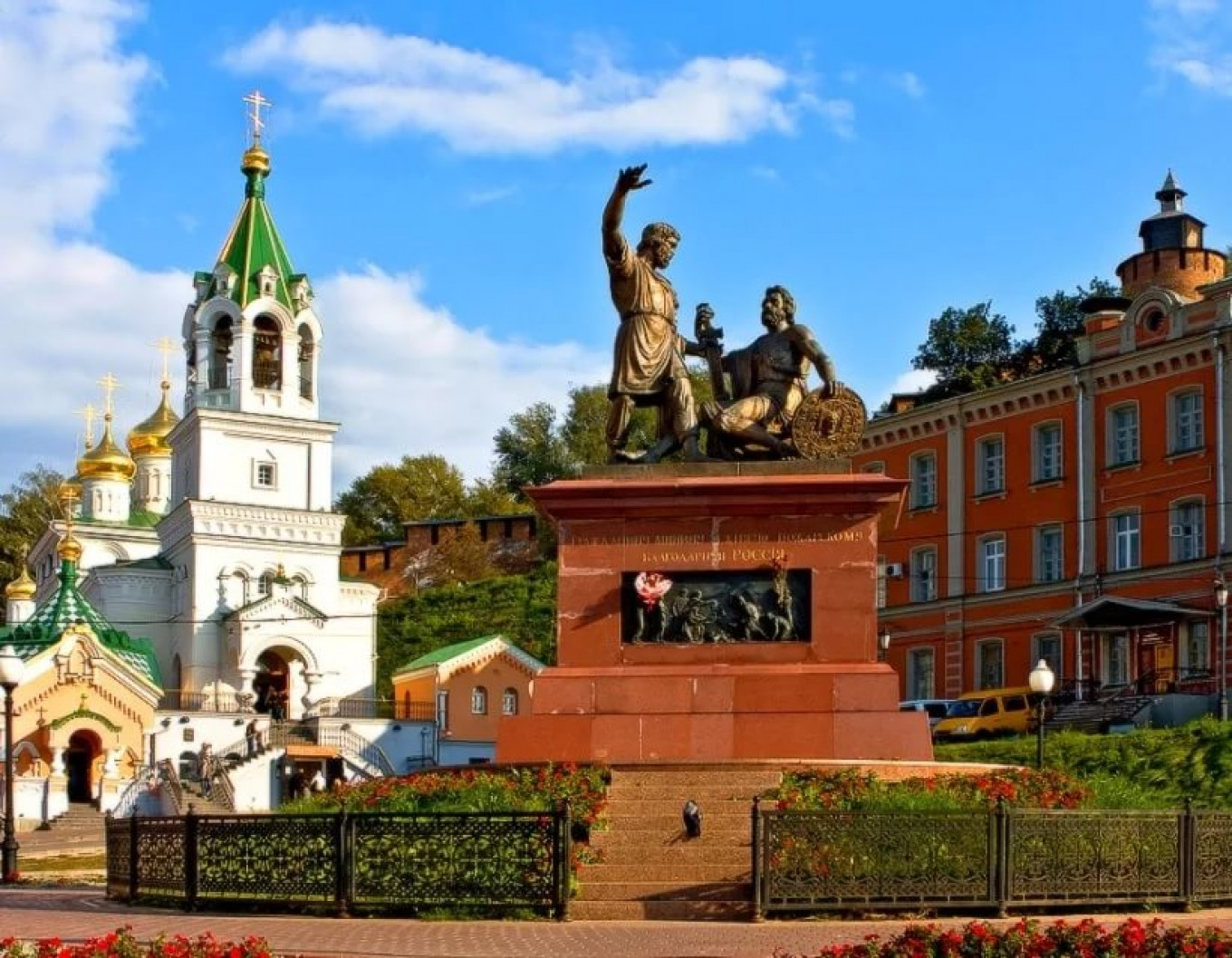
Nizhny Novgorod
Where two great rivers cross
Located at the confluence of the Oka and Volga rivers, Nizhny Novgorod is dominated by the white-walled Kremlin. Take a walk around it and check out Arsenal, one of the best contemporary art centers outside of Moscow and St. Petersburg. The Fine Arts Museum, meanwhile, has a decent collection of Russian art.
Bolshaya Pokrovskaya is the city’s walking street, lined with shops, art galleries and the craft beer bars Nizhny is famous for. There is also a relatively wide selection of fine-dining restaurants to choose from.
Distance from Moscow: 402 km
By train: from 5,600 rubles return ($100), 4 hrs
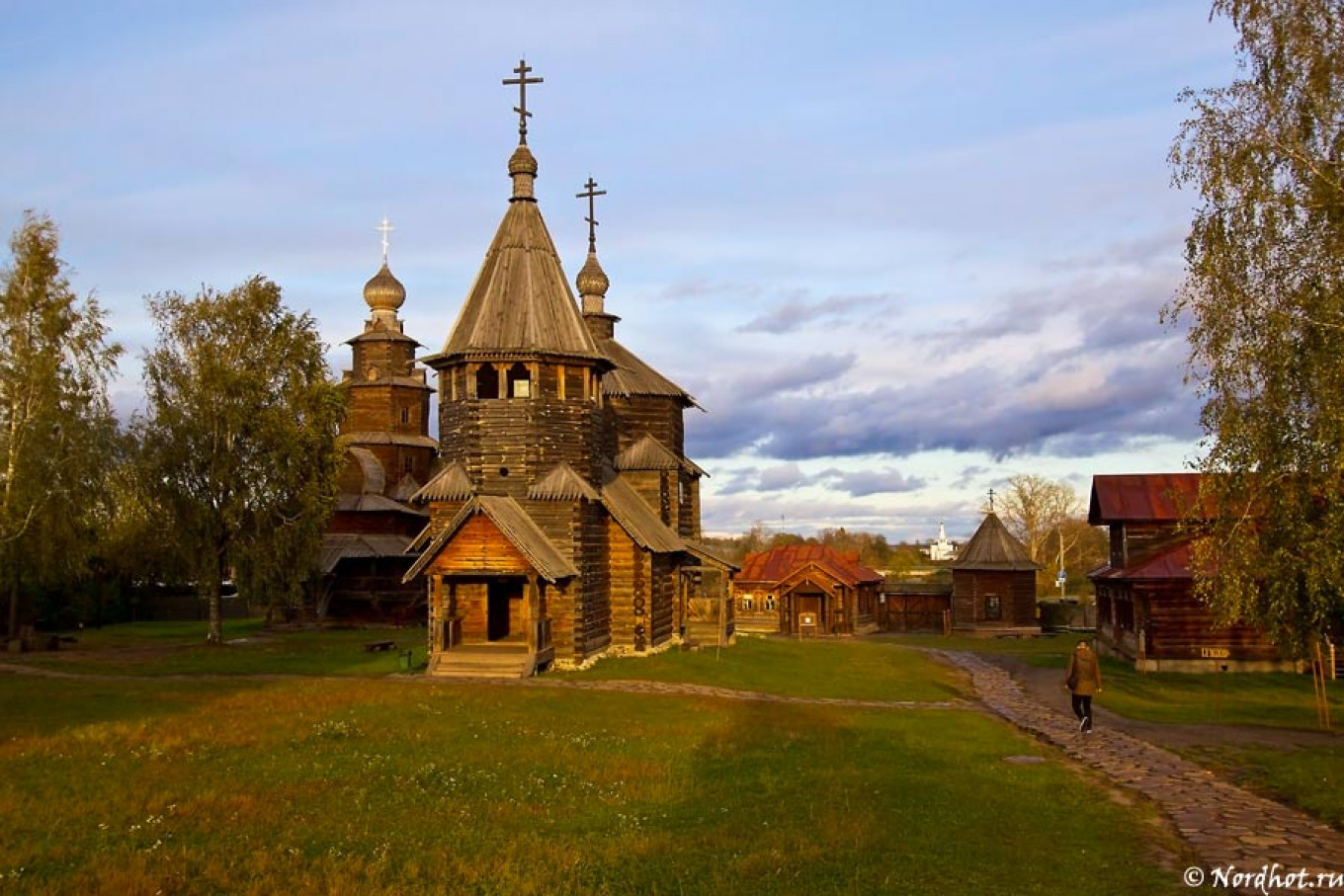
Suzdal
A town that hasn’t changed in 150 years
Sometimes referred to as the diamond of the Golden Ring, Suzdal is a sleepy provincial town of just 10,000 inhabitants. The main attractions are the kremlin, with its blue-domed cathedral, the Museum of Wooden Architecture across the river, and the Savior Monastery of St. Euthymius to the north.
Try the “new Russian” cuisine at the Gnezdo Pekarya cafe at the back of the Gostiny Dvor complex and check out the brand new Cultural Center right next to it. Don’t miss medovukha, the honey-based fermented drink Suzdal is famous for.
Distance from Moscow: 190 km
By train: to Vladimir from 2,000 rubles return ($35), 2 hrs
Taxi from Vladimir to Suzdal – 700 rubles
A Message from The Moscow Times:
Dear readers,
We are facing unprecedented challenges. Russia's Prosecutor General's Office has designated The Moscow Times as an "undesirable" organization, criminalizing our work and putting our staff at risk of prosecution. This follows our earlier unjust labeling as a "foreign agent."
These actions are direct attempts to silence independent journalism in Russia. The authorities claim our work "discredits the decisions of the Russian leadership." We see things differently: we strive to provide accurate, unbiased reporting on Russia.
We, the journalists of The Moscow Times, refuse to be silenced. But to continue our work, we need your help.
Your support, no matter how small, makes a world of difference. If you can, please support us monthly starting from just $2. It's quick to set up, and every contribution makes a significant impact.
By supporting The Moscow Times, you're defending open, independent journalism in the face of repression. Thank you for standing with us.
Remind me later.


